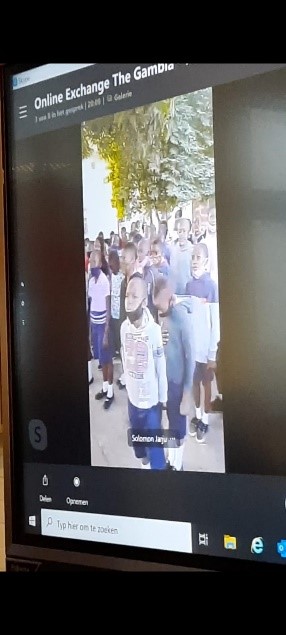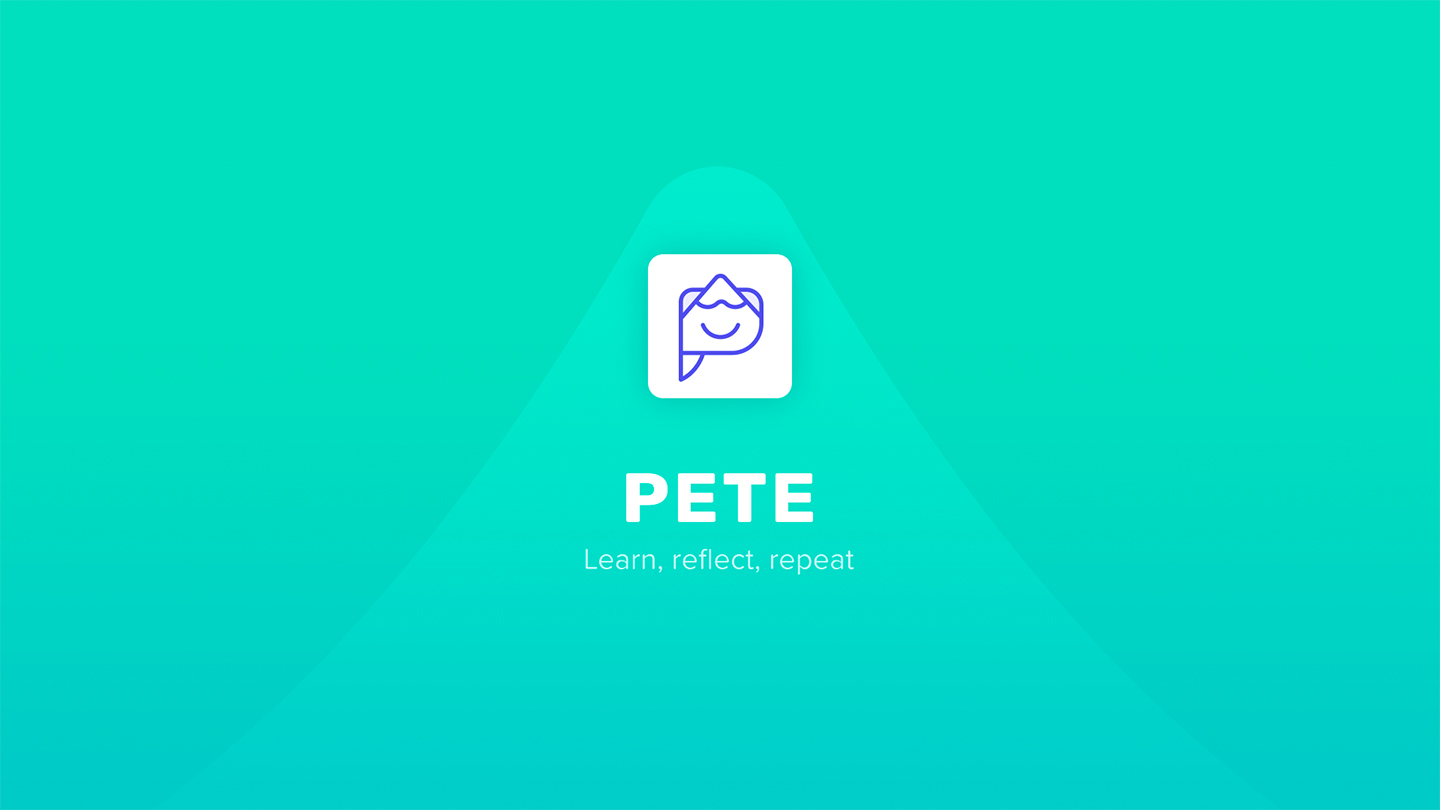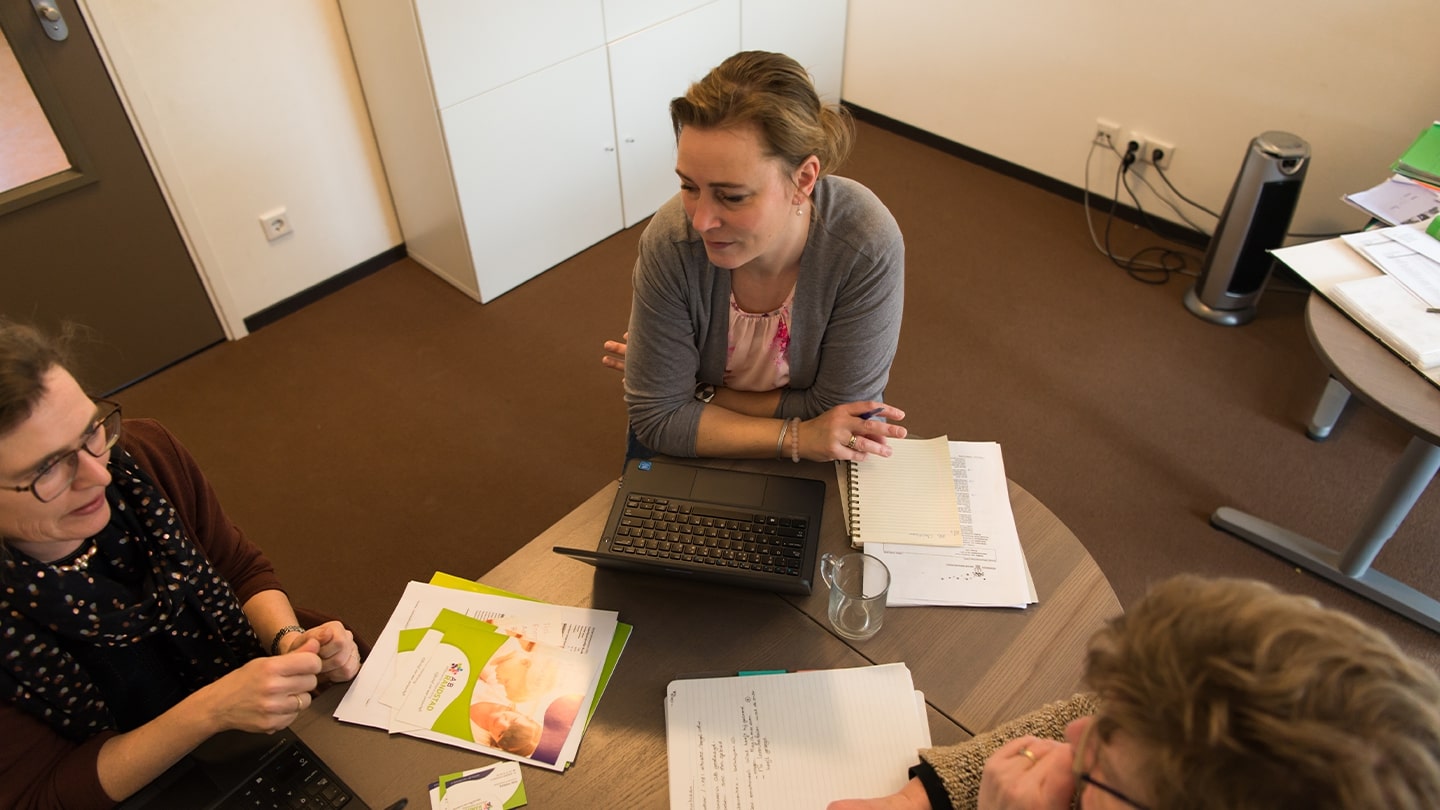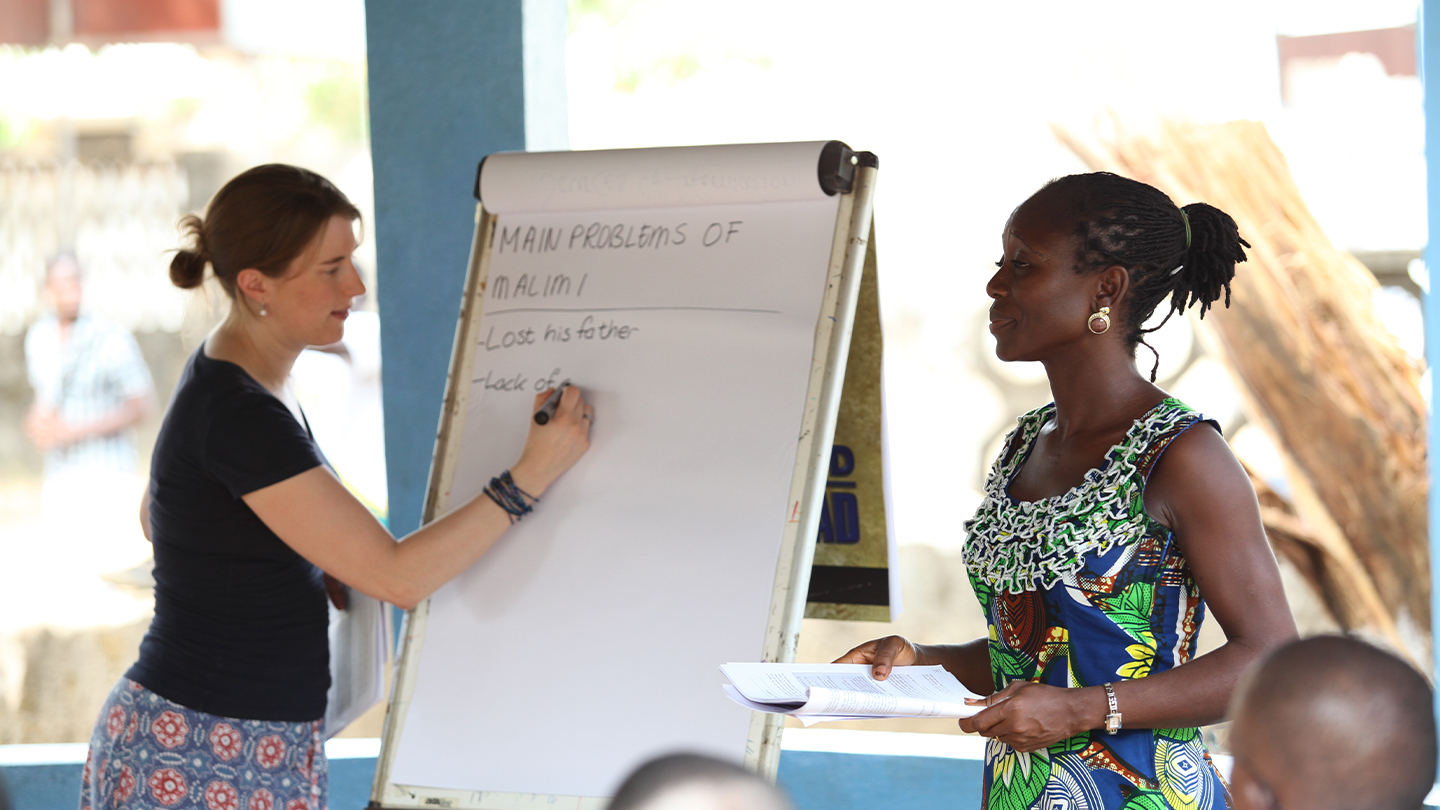Due to the situation concerning the pandemic, international travel could not take place in 2020. This meant sadly no international experience outside the Netherlands for our students. Despite this disappointment, we set up an alternative internationalisation programme. A new programme, both exciting and tense for the staff as well as the students. Now we have completed it, we can look back on a successful exchange and we have also been able to achieve our international goals from the Netherlands! We are pleased and thankful for that!
‘At first I wasn’t sure what to expect and wasn’t looking forward to it. In the end it was a brilliant module from which I learned a lot.’
Virtual meetings
Meeting others is at the centre of our international encounters and it was no different this time! We challenged the students to meet ‘others’ in our diverse society and in addition we organised virtual meetings with our partner schools and organisations abroad. The 121 students were divided into twelve different teams (Australia, Gambia, Ghana, Indonesia, Malawi (2), Nepal, Romania, Ukraine, Austria, Slovakia, United Kingdom). During the programme there were various meetings online. First, the students were introduced to the school/organisation and received guest lessons to become familiar with the context, after which they had to do further research into that country and the context themselves. This was followed by an assignment in which they had to develop products in consultation with the colleagues abroad. One team developed a webinar about Christian education, some other teams taught digital lessons to children, and others developed lesson material.
In January we concluded the programme with an evaluation and a video challenge. Students were asked to give an impression of this programme. After colleagues and students had voted, the jury announced the winning video: Australia!

The meetings with other countries were one part of the alternative internationalisation program. Students were also given preparatory lectures and assignments, in addition to organising intercultural encounters in the Netherlands (work experience at multicultural schools, educational activities with migrant children, …) or working on projects that contribute to the integration of internationalisation and world citizenship in primary education.
program. Students were also given preparatory lectures and assignments, in addition to organising intercultural encounters in the Netherlands (work experience at multicultural schools, educational activities with migrant children, …) or working on projects that contribute to the integration of internationalisation and world citizenship in primary education.
All in all, we are pleased we could complete this programme successfully with great and positive evaluations from colleagues and students as well as our partner schools/organisations. Please read student Gertine Kaashoek’s impression of her ‘journey’ to Austria!
‘It was a fantastic experience to be in contact with Gambia, even though it was online. It has made me appreciate their situation and also our situation much more. We tend to see things as normal, but we can learn a lot from other people! Thanks!’



